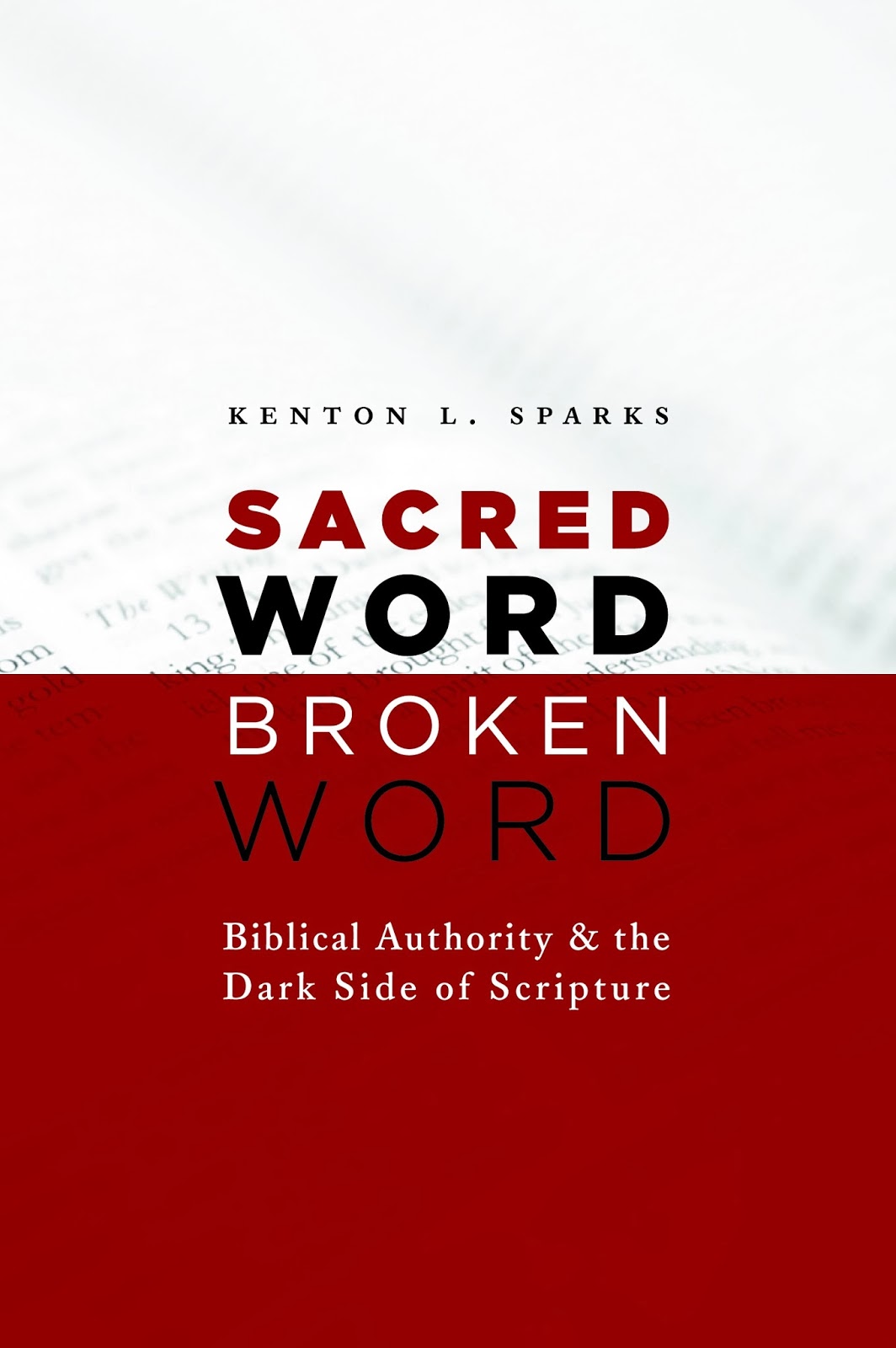
Some believe that this can be seen in Paul's formulation of the concept of the Holy Spirit that unites Christians in Jesus Christ and love for one another, but Konsmo again thinks that this position is difficult to maintain. Īnother link with ancient Greek thought is the Stoic idea of the spirit as anima mundi – or world soul – that unites all people.

And according to theologian Erik Konsmo, the views "are so dissimilar that the only legitimate connection one can make is with the Greek term πνεῦμα itself". According to proponents of the History of religions school, the Christian concept of the Holy Spirit cannot be explained from Jewish ideas alone without reference to the Hellenistic religions. These religions included a distinction between the spirit and psyche, which is also seen in the Pauline epistles. On the surface, the Holy Spirit appears to have an equivalent in non-Abrahamic Hellenistic mystery religions. In the Old Testament and Jewish thought, it is primarily temporary with a specific situation or task in mind, whereas in the Christian concept the gift resides in persons permanently. The distinction coincides with the Holy Spirit as either a temporary or permanent gift. Both kinds of thought appear in Jewish and Christian scripture, but animistic is more typical of the Old Testament whereas dynamistic is more common in the New Testament. In animistic thinking, it is "an independent agent, a personal power which like a demon can fall upon a man and take possession of him, enabling him or compelling him to perform manifestations of power" while in dynamistic thought it "appears as an impersonal force which fills a man like a fluid".

Īccording to theologian Rudolf Bultmann, there are two ways to think about the Holy Spirit: "animistic" and "dynamistic". Based on the Old Testament, the book of Acts emphasizes the power of ministry aspect of the Holy Spirit. The Christian concept tends to emphasize the moral aspect of the Holy Spirit more than Judaism, evident in the epithet Holy Spirit that appeared in Jewish religious writings only relatively late but was a common expression in the Christian New Testament. This interpretation is different from the Christian conception of the Holy Spirit as one person of the Trinity. The Hebrew Bible contains the term " spirit of God" ( ruach hakodesh) which by Jews is interpreted in the sense of the might of a unitary God.


 0 kommentar(er)
0 kommentar(er)
